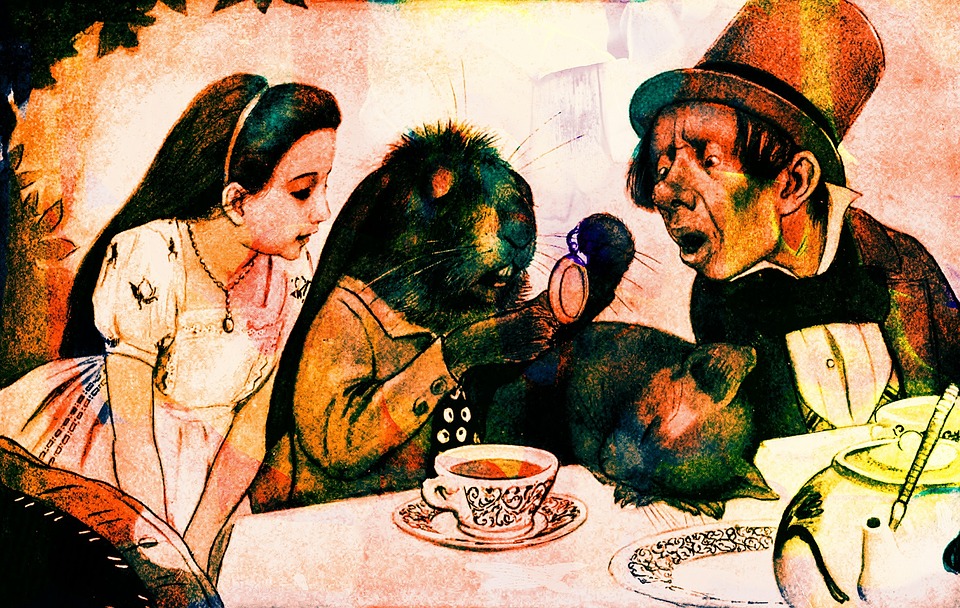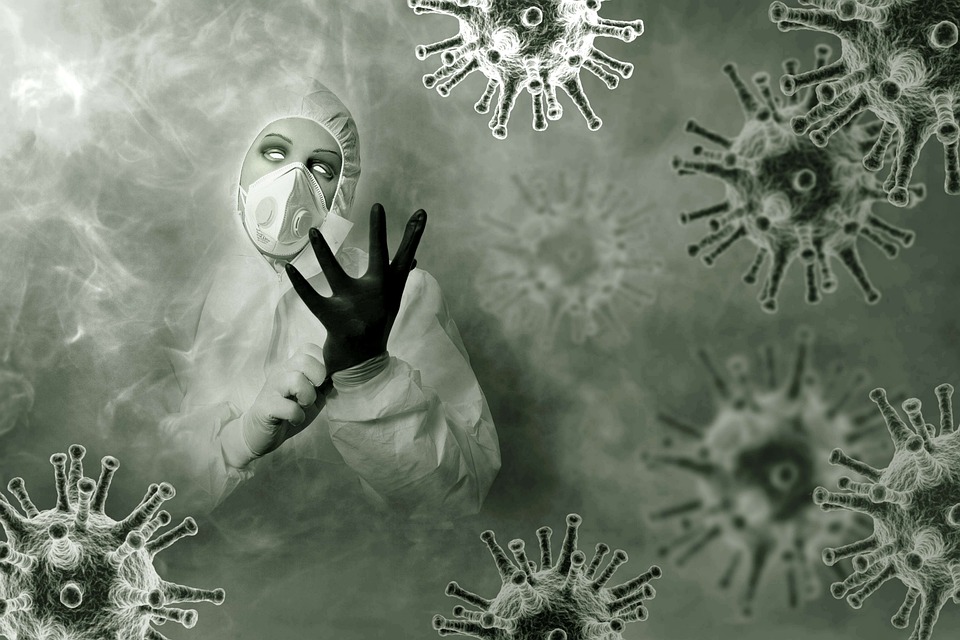“Health is something which is god-gifted, still why are some people suffering from all sorts of diseases?”
People who cannot feel pain, people who are fearless and people who can remember every single detail of their lives. These people are not mutant superheroes but instead they are suffering from some of the world’s strangest conditions.
Today’s edition will focus on other types of abnormal medical conditions!
1. Disease Which Makes You Become Like Alice in Wonderland – Alice in Wonderland Syndrome


What happened when Alice drank from the bottle which said, “Drink me”? Or, what happened when she ate the cake labelled “Eat me”?
Alice in Wonderland syndrome, also known as Todd Syndrome, is a rare neurological condition characterised by distortions in perception. For instance, a person may feel larger or smaller than they actually are. You can also feel as if you are closer or farther away from things than you actually are.
Let us have a closer look at its symptoms:
- Visual distortions
People who suffer from the Alice in Wonderland syndrome can experience hallucinations and illusions that affect their visual perception of their own body.
Micropsia is a condition where individuals perceive objects around them to be smaller than they actually are. Remember the small people that lived on the island of Lilliput in Gulliver’s Travels? Based on these tiny people, Micropsia was nicknamed “Lilliputian hallucination.” People also suffer from Macropsia, where objects appear larger than they really are. For instance, you might see books as the same size as a person.
A 17-year old child described his weird symptoms by saying the following:
“Suddenly, some objects appear small or large to me. Sometimes, I feel as if I am getting shorter and smaller. Or, sometimes I can even notice that people are not longer than my index finger”
- Time and Sound Distortions
People with this condition often lose their sense of time. They can sometimes feel that time is either moving faster or slower than it really is.
Hearing distortion is another symptom where even quiet sounds can seem to be very loud and disturbing.
- Migraine
People with this strange syndrome can often experience migraines.
- Loss of limb control
This illness can make you feel as if you are not in control of your limbs.
Causes of Alice in Wonderland syndrome
- Epstein–Barr virus
- Infections
- Epilepsy
- Brain Lesions
- Migraines
- Stress
- Use of hallucinogenic drugs
Treatment: Currently, there are no treatments available. If you are experiencing this strange disease, it is better to have a good rest and wait for it to pass.
2. Disease Which Makes You Laugh Uncontrollably – Pseudobulbar Affect

In 2019, “Joker” became one of the top-grossing films in the movie history and one of the most iconic and memorable moments in the film was Arthur Fleck’s laugh. There a time when he was distributing cards to people and started to laugh uncontrollably. Do you remember what he said then?
He said this: «Forgive my laughter. I have a condition!”
Moviegoers will be shocked to know that the Joker’s condition was a real one and it is called Pseudobulbar Affect. It refers to a nervous system disorder that is characterised by sudden uncontrollable laughing and crying. It is also called Emotional dysregulation, Pathological laughing and crying or Emotional liability. A person with Pseudobulbar Affect will experience emotions normally but will tend to express them in an exaggerated way, which can be pretty embarrassing.
What Are the Symptoms of Pseudobulbar Affect?
- People suffering from this condition will tend to experience frequent, involuntary and intense fits of laughter or crying that cannot be controlled. Sometimes the laughter might even turn into tears.
- A person can also experience outbursts of frustration and anger.
- Sometimes, facial expressions will not match emotions.
What Are the Causes of Pseudobulbar Affect?
- Damage to the prefrontal cortex which refers to your brain’s area helps to control our emotional responses.
- Traumatic Brain Injury
- Alzheimer’s disease
- Brain tumour
- Parkinson’s disease
- Dementia
Is There a Treatment for Pseudobulbar Affect?
The purpose of the treatment is to reduce the frequency and intensity of these emotional outbursts and therefore some measures include:
- Taking antidepressants like tricyclic antidepressants to reduce the symptoms.
- Nuedexta is the first drug that was approved by the Food and Drug Administration. This medication was designed to treat Pseudobulbar Affect and numerous studies have shown that it can really help patients control their emotional outbursts.
Whose place would you have liked to be in? Alice or Joker? Please share your comments!


